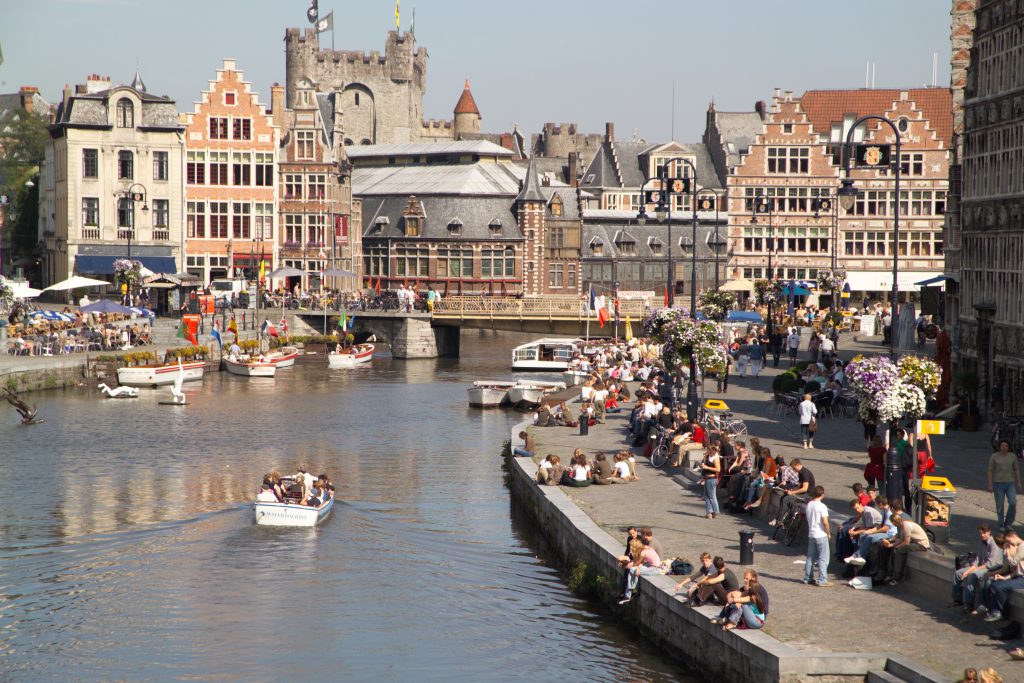politicalphishing.com – Belgium’s intricate network of waterways, including the majestic rivers Meuse and Scheldt, has long been a lifeline for the country’s commerce, culture, and community. The riverboats that ply these waters are not just modes of transport; they are living symbols of Belgium’s enduring connection to its waterways. This article delves into the rhythm of life on these riverboats, exploring their role in shaping the country’s social and economic fabric.
Belgium’s Waterway Network
Belgium boasts an extensive system of rivers, canals, and lakes that have been integral to its development. These waterways have historically served as vital arteries for trade and communication, linking inland cities to the sea and to each other. The riverboats navigating these waters have been the backbone of this network, carrying goods and people across the country.
The Role of Riverboats
Riverboats in Belgium have played multiple roles over the centuries. They have been the workhorses of the maritime industry, transporting everything from coal and grain to luxury goods. Additionally, they have served as floating communities, with many families making their homes on these vessels. The riverboat’s rhythm is a reflection of the ebb and flow of daily life on the waterways, marked by the cycles of work, rest, and social interaction.
Life on the Riverboats
Life on a riverboat in Belgium is a unique blend of tradition and modernity. For many, it is a way of life that has been passed down through generations. Riverboat communities are close-knit, with a strong sense of camaraderie among those who share the waterways. The boats themselves are often meticulously maintained, with each vessel telling its own story through its design and decor.
The Social Fabric
Riverboats have contributed significantly to the social fabric of Belgium. They have fostered a sense of unity among the diverse populations that live along the waterways. Festivals, markets, and other gatherings centered around the riverboats have become important cultural events, celebrating the country’s maritime heritage and bringing people together.
Economic Impact
The economic impact of riverboats in Belgium cannot be overstated. They have been instrumental in the country’s industrial growth, particularly in sectors such as shipping and manufacturing. Even today, riverboats play a crucial role in Belgium’s economy, supporting logistics and trade while also contributing to the tourism industry.
Conclusion
The riverboat’s rhythm is a testament to the enduring significance of Belgium’s waterways. These vessels, with their rich history and vibrant communities, continue to be a vital part of the country’s identity. As Belgium looks to the future, the riverboats will undoubtedly remain at the heart of its waterborne traditions, connecting people and places while keeping the spirit of the waterways alive.
